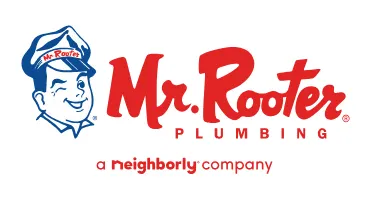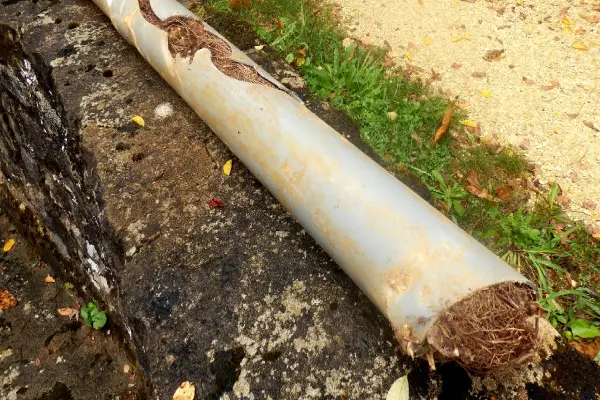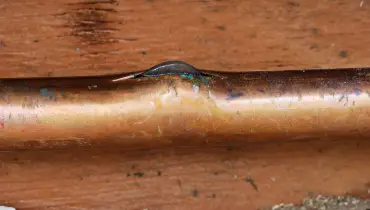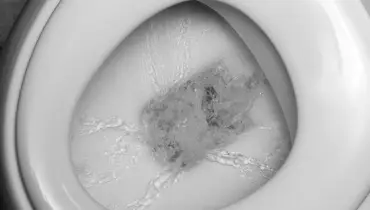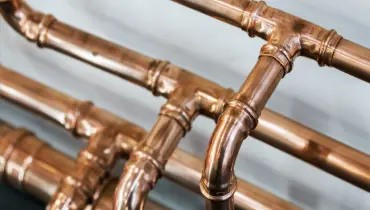It's been a long, hard day at work, and all you want to do is relax in a warm, soothing bath. You turn on the hot water, add some
Learn moreOur Ronkonkoma Plumbing Blog
Shared Resources for Your Home Needs
All Blogs
It's not easy being a property owner and having to go through a long checklist of annual maintenance and repairs just to keep your
Learn moreAs concerns about the environmental impact of bottled water in Centereach grow alongside fears about the presence of potentially c
Learn moreAre you wondering if you should call a professional to fix your cracked pipe in Ronkonkoma? Most of the time, the answer is yes. T
Learn moreAs an often unspoken part of your Centereach home, toilets are rarely spoken about or acknowledged. Though we like to pretend they
Learn moreBlog Categories
Let Us Call You
Blog Categories
About Mr. Rooter Plumbing

Since the original Mr. Rooter was founded in 1970, the company has remained committed to a set of core values that are rooted in performing quality work at honest prices. Nearly half a century later, the original Mr. Rooter business is still servicing homes and businesses in and around Oklahoma City. It’s still independently owned and operated with strong ties to the community that made it all possible.
